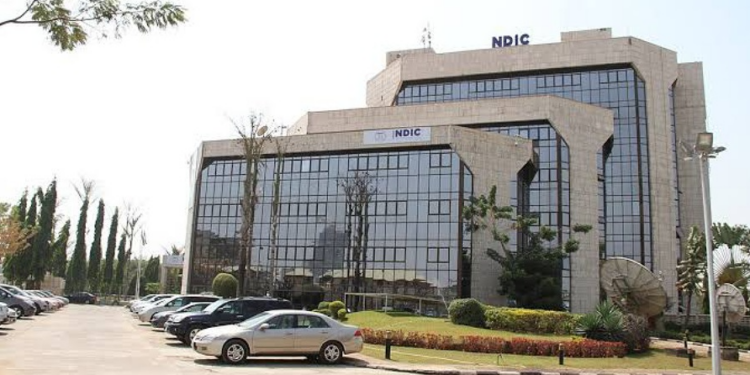The Managing Director and Chief Executive Officer of the Nigeria Deposit Insurance Corporation (NDIC), Mr. Bello Hassan, has called for the integration of Artificial Intelligence (AI) technologies to bolster fraud detection in financial institutions.
Speaking at the Risk Management Roundtable organized by FITC, he emphasized the growing inadequacy of traditional fraud detection methods that rely on manual verification and human analysis.
Mr. Hassan described AI technologies like Machine Learning (ML), Natural Language Processing (NLP), and Anomaly Detection as revolutionary tools capable of enhancing the efficiency and accuracy of fraud prevention efforts.
The game changer
Analysing how AI could aid fraud could boost fraud detection for Nigerian banks and other financial institutions, he said:
“AI can process vast amounts of data in real-time, identify unusual patterns, and detect emerging threats long before they cause significant harm,” Mr. Hassan stated.
- He explained how AI could flag irregular transactions, such as large withdrawals from new geographic locations, and either freeze accounts or alert stakeholders.
- By analyzing extensive datasets and considering multiple factors, AI can also reduce false positives, allowing financial institutions to focus on genuine threats. Moreover, AI’s ability to track cross-border transactions and analyze user behavior, such as typing patterns and device usage, provides a robust defense against identity theft and account takeovers.
Regulators’ role in ensuring ethical AI use
Mr. Hassan also addressed the regulatory aspect of AI adoption, stressing the importance of setting standards for its ethical and transparent use.
“Financial regulators and supervisors must ensure public trust by guaranteeing that AI technologies reinforce stability without infringing on data privacy or consumer rights,” he noted.
- He commended the Federal Ministry of Communications, Innovation, and Digital Economy for drafting Nigeria’s first National Artificial Intelligence Strategy (NAIS), which aims to unlock AI’s transformative potential sustainably and ethically. Globally, bodies like the Financial Stability Board (FSB) and the Basel Committee on Banking Supervision (BCBS) are also working on guidelines for AI adoption in financial services.
- Mr. Hassan highlighted how AI could enhance regulators’ abilities to detect suspicious transactions and anticipate emerging threats using predictive analytics. By identifying vulnerabilities before exploitation, regulators can take preemptive action to safeguard the financial system.
- Furthermore, AI can streamline regulatory processes, enabling efficient resource allocation and prioritizing high-risk transactions.
Challenges in AI Deployment
While acknowledging AI’s potential, the NDIC MD cautioned against its challenges. Key concerns include compliance with data protection regulations, such as the Nigeria Data Protection Regulation (NDPR), and ensuring AI systems’ security against cyber-attacks.
Mr. Hassan also stressed the importance of eliminating bias in AI models to maintain fairness and public trust.
“Transparency in AI decision-making is essential,” he stated. “Regulators must establish frameworks to monitor AI systems and ensure they operate ethically and in line with legal standards.”
He urged stakeholders to embrace AI while prioritizing robust regulatory frameworks. Other speakers at the meeting emphasized the need for collaboration in the financial industry to tackle the fraud challenge alongside the deployment of technology.
What you should know
The NDIC MD was speaking against the backdrop of the rising cases of fraud in the Nigerian financial landscape.
The latest fraud and forgery report for Q3 2024 released by the FITC, revealed that there was a spike in reported fraud cases by banks and the amount involved in fraud.
- According to the report, fraud cases reported by Nigerian banks jumped by 65% from 11,532 in Q2 to 19,007 in Q3.
- Similarly, there was also a spike in the amount involved in fraud as the attackers attempted to steal N115.9 billion in the third quarter, marking a 105% surge compared with N56.6 billion recorded in Q2.
- However, only N10.1 billion were lost to the fraudsters according to the FITC report, representing a 75.4% decline in loss compared with the N42.8 billion recorded in the previous quarter.








